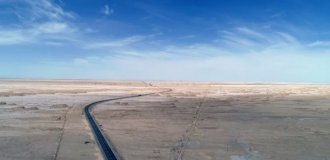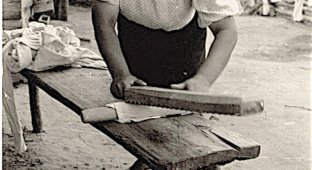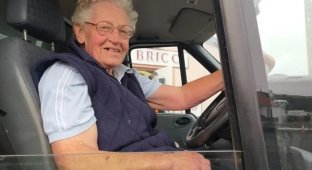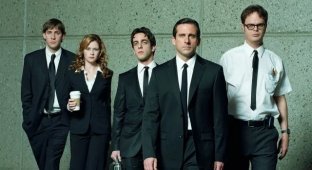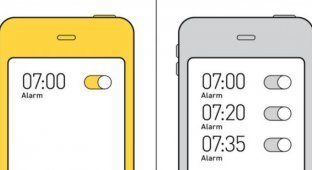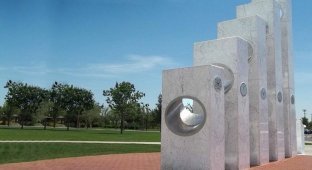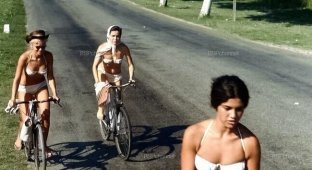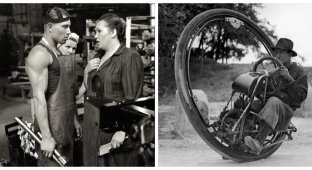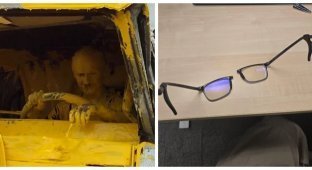Residents of a village where there is no crime, debt or homeless people get by without a salary (3 photos)
The community's residents lead a modest but secure lifestyle. Each member is guaranteed housing, food, and clothing, so there is no need for money in the traditional sense. 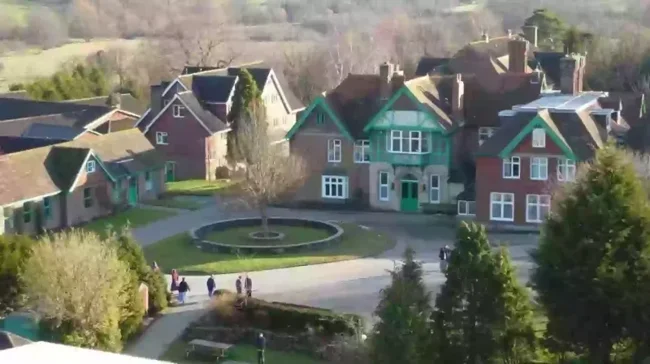
In the small settlement of Darwell in East Sussex (UK), there lives a unique community where there is no debt, no homelessness, and crime is virtually non-existent. This is the Bruderhof, a group of Christians who profess the principles of community life, equality, and the rejection of private property.
The members of the Bruderhof lead a modest but secure lifestyle. All property in the community is collective, and if someone needs something, it is provided free of charge. People do not have private houses, personal cars or savings - all income goes into a common fund and is distributed according to the needs of the community.
According to information on the official website of the Bruderhof, each resident is guaranteed housing, food and clothing, so there is no need for money in the usual sense. Even if someone needs a certain amount, for example, for a trip, it is given from the community funds, and the remaining money is returned. 
Despite the rejection of private property, the members of the community work to ensure its existence. However, none of them receives a salary or benefits. Even those who work outside the village are required to transfer their entire wages to the common fund.
The community is engaged in entrepreneurial activity, producing and selling various goods, and all income is sent to the common fund. Surplus funds are used either for the development of the community or to support charitable missions and projects.
Children in the Bruderhof receive an education within the community, where they are taught not only academic subjects, but also practical skills, as well as the principles of collective existence. Education is based on mutual assistance, respect and work. 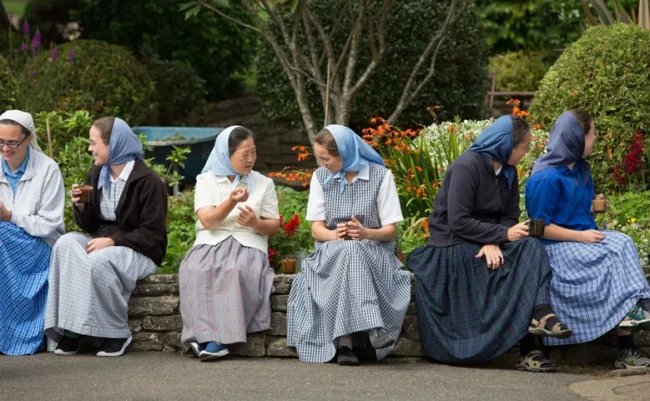
The commune lives by the principles described in the Acts of the Apostles, where the first Christians "sold their goods and divided them among all, according to each one's needs." This belief is the basis of their way of life.
The main idea of the Bruderhof is complete equality. Unlike most modern societies, there are no rich and poor here, and no one has more privileges than others.
Thanks to this, there is practically no crime in the village: there are simply no reasons for financial conflicts, and theft loses its meaning, since everything is common. The absence of debt and poverty makes Darvell one of the few places where stability and confidence in the future reign.
To the outside world this model of life seems unusual, but for the members of the Bruderhof it is the basis of their faith and a way to build a harmonious society.






